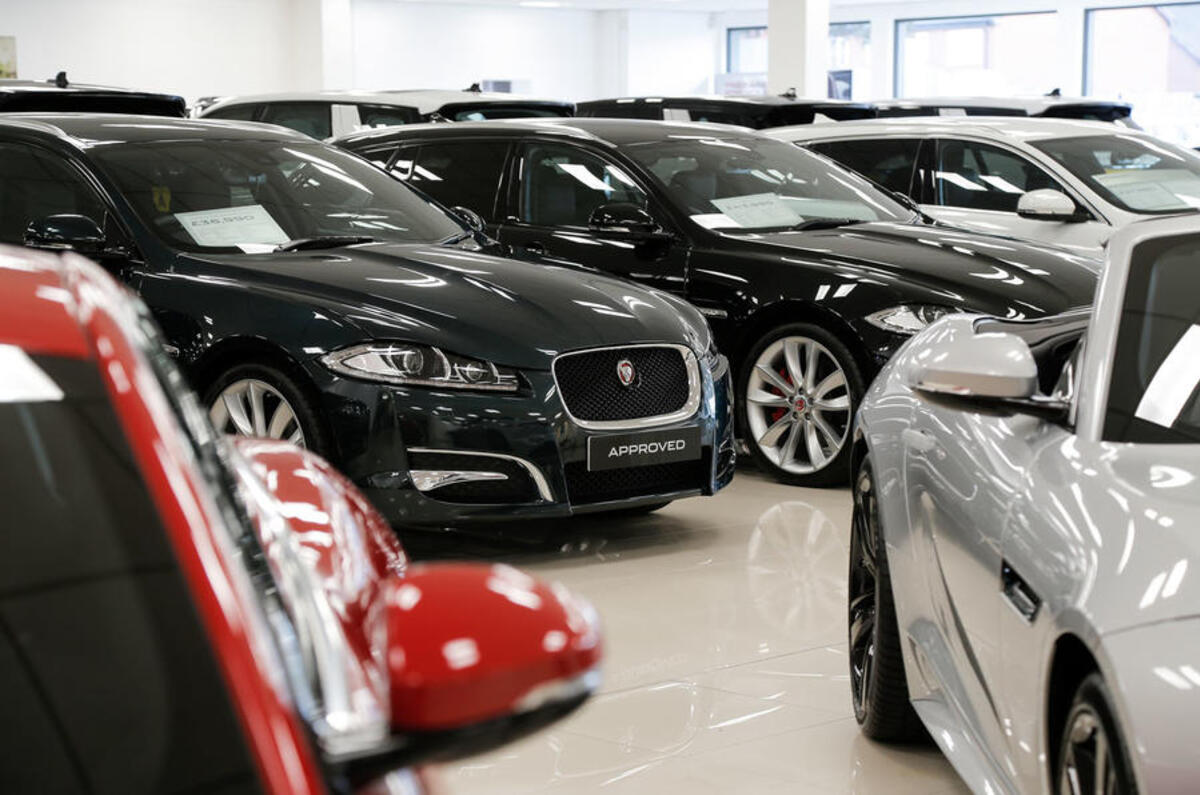In a year of turmoil and disruption, what do you think the most significant change in the UK automotive industry has been? The EV sales boom? Autonomous vehicle developments? Or perhaps another shift that has accelerated out of sight.
Pre-Covid, online new and used car buying was seen as inevitable if some way off. It was important enough for car makers, retailers and third parties – all jostling for position as ever – to have strategies and investments in play, but very much at the fringes of how most cars were expected to be bought. For many, it was about occupying the space at the start of car purchase research prior to funnelling the buyer into a dealership.
But the effects of lockdown have shifted that view in a big way, with fully online car sales – buyers researching and concluding purchases entirely online, sometimes including home delivery – accelerating exponentially. That, in turn, is attracting investment into these sales channels and driving further growth.
Almost no one predicts the end of the physical dealership, but everybody is talking about an omni-channel approach that allows customers to buy cars however they wish. Little wonder: one-on-one video tours of cars for sale are available, and even some of the harder aspects of a financial transaction can now be done online and with money-back guarantees.
A chat with Bill Berman, chief executive of the Pendragon dealer group, which is the third largest in the UK by turnover, highlighted the trend “By mid-May we were delivering 100 used cars a week, all bought digitally,” he said. “We thought demand might lessen as lockdown eased, but we keep fine-tuning it and the volumes keep rising. Between 16 and 19% of our Car Store sales are with home delivery and no physical interaction with the store in any way.”
Established players are now firmly in the sights of high-profile start-ups such as Cazoo and Cinch, whose TV ads you can hardly avoid right now as they try to muscle in on the used car market. Investors believe they have a bright long-term future: Cazoo is valued at more than £2 billion, albeit buoyed by the rock star status, in such circles, of founder Alex Chesterman, who created LoveFilm and founded Zoopla.
Ultimately, it will be car buyers, not sellers, who dictate whether that’s true. But while few will bemoan a leaner, more efficient car-buying process, be in no doubt that it stands to fundamentally shift the economic model around car sales that has evolved over the past 120 years.
READ MORE
Inside the industry: How long will Brexit blight the car world?
Inside the industry: car makers and retailers have a love-hate relationship
Inside the industry: Firms can still thrive in these tough times




Join the debate
Add your comment
Bright long term future
selling people cars with problems that they won't realize until it's too late and then where do you return it to? no wonder companies "want into" a scheme like that, no overheads to speak of, no customers coming back to complain, no need to emply people to explain anything to the buyer no sales staff with all their "pain in the ass issues" either like holidays and pensions and sick pay. Just deliver the babies, no labour pains and all that malarkey. Sounds idylliic.
Cazoo
The shear thought of buying a secondhand car unseen on the web from a dealer with no forecourt or garage to speak of is as bad as it gets in the car world, or any world for that matter